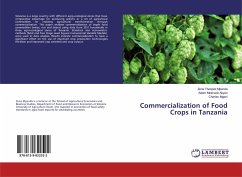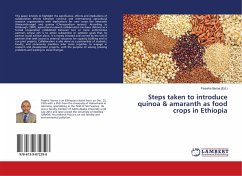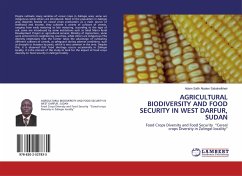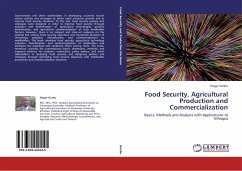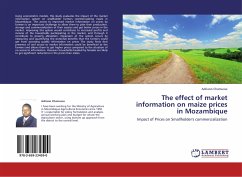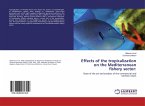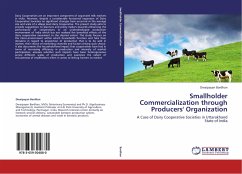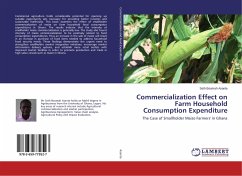Tanzania is a large country with different agro-ecological zones that have comparative advantage for producing specific or a set of agricultural commodities for realizing agricultural transformation through commercialization. This paper analyses commercialization of staple food commodities (maize, rice and beans) using data from 3251 households in three agro-ecological zones of Tanzania. Statistical and econometric methods (Tobit and Two Stage Least Square Instrumental Variable Models) were used in data analysis. Results indicate commercialization to have a significant effect on the use of improved crop production technologies (fertilizer and improved crop varieties) and crop output.

